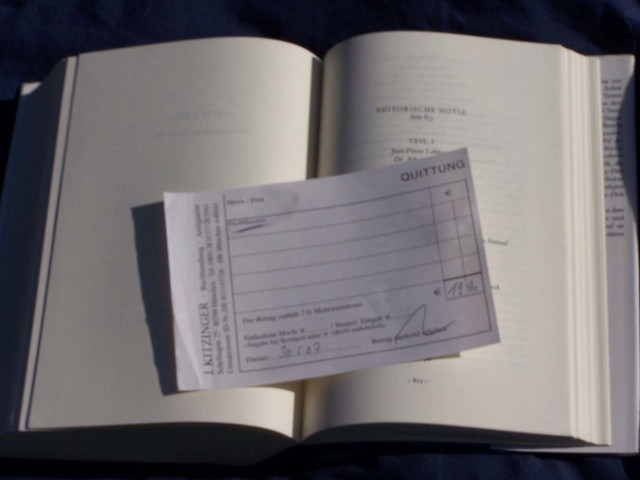Post-Structuralism In Roland Barthes's The Death Of The Author.
Roland Barthes’ essay the Death of the Author uses the literary critical school of Post-structuralism and rejects all notions of authorial intent in order to place the text in a wider context thus enabling the reader to develop a more structured approach when trying to understand the meaning of the content of the text.
Similar to an already famous statement that is attributed to Nietzsche, “The God is Dead,” Barthes brings his concept of the author not being the origin of the text in his famous essay: “ The Death of the Author,” which also marks the beginning of his poststructuralist phase.

An essay by Barthes that suggested that the death of the author is the birth of the reader. The text is free from the restraints that the author intended and is up for other interpretations Four differences between structuralism and post-structuralism.

The Death of the Author by Roland Barthes In the essay, The Death of the Author, Barthes proceeds a sort of post structuralist or deconstructive view of the author. He takes different stand through which he announces the metaphoric death of the author. It also declares the death of structuralism.
Academia.edu is a platform for academics to share research papers.

Arguable Distinction between Barthes’s Structuralism and Post-Structuralism.

Moving from Structuralism to Post-Structuralism - As the North American intellectual society developed over the 1950s, by growing more rigidly scientific and managerial in its modes of thought and intellect, a more ambitious form of critical approach seemed demanded which was the structural one.

Ronald Barthes' ideas on Post-structuralism as Expressed in 'The Death of the Author' Ronald Barthes, French literary critic and theorist of structuralism and post-structuralism, announces the symbolic death of the author in order to have a birth of the reader.

Post-structuralism is a label formulated by American academics to denote the heterogeneous works of a series of mid-20th-century French and continental philosophers and critical theorists who came to international prominence in the 1960s and '70s. A major theme of post-structuralism is instability in the human sciences, due to the complexity of humans themselves and the impossibility of fully.

Post-structuralism primarily encompasses the intellectual developments of certain mid-20th-century French and continental philosophers and theorists. The movement is difficult to summarize, but may be broadly understood as a body of distinct responses to structuralism, which argued that human culture may be understood as a series of signs or symbols; or, put differently, that human culture may.

In the process, the text provides lucid explanations of structuralism, post-structuralism, and postmodernism, and defends deconstruction as a mode of thinking. Dillet, et al. 2013, an edited collection of essays written by diverse contemporary experts, offers an up-to-date survey of major post-structuralist thinkers and ideas.

Buy Notes on the Death of Culture: Essays on Spectacle and Society Reprint by Llosa, Mario Vargas, King, Professor of Latin American Cultural History John (ISBN: 9781250094742) from Amazon's Book Store. Everyday low prices and free delivery on eligible orders.

Roland Barthes was a French literary critic, theorist, and philosopher whose essay The Death of the Author created a commentary on the relationship between the reader and the writer.


